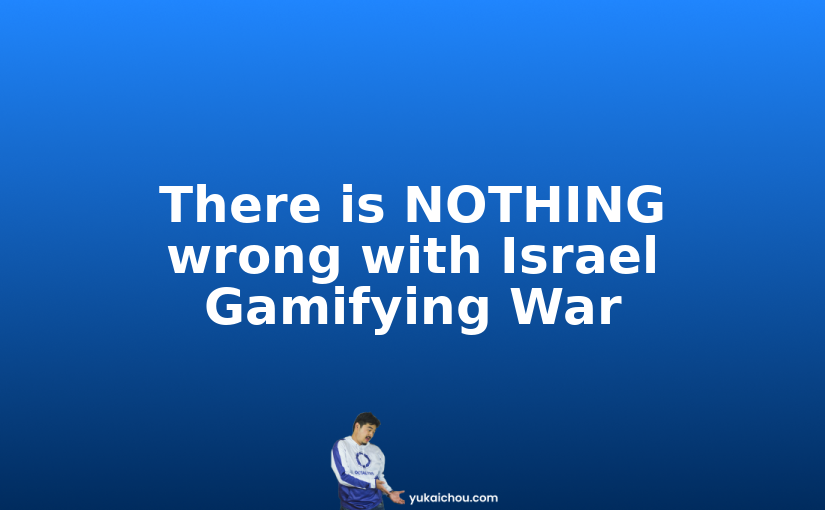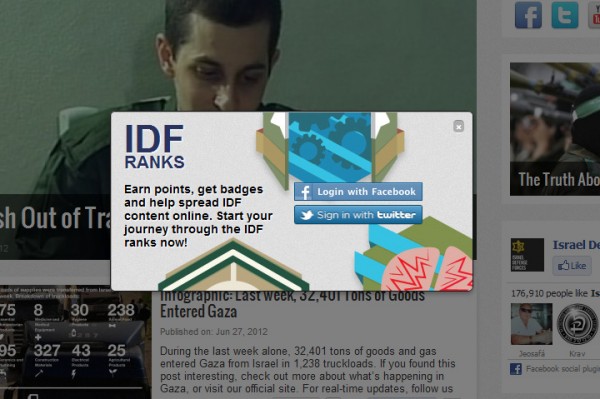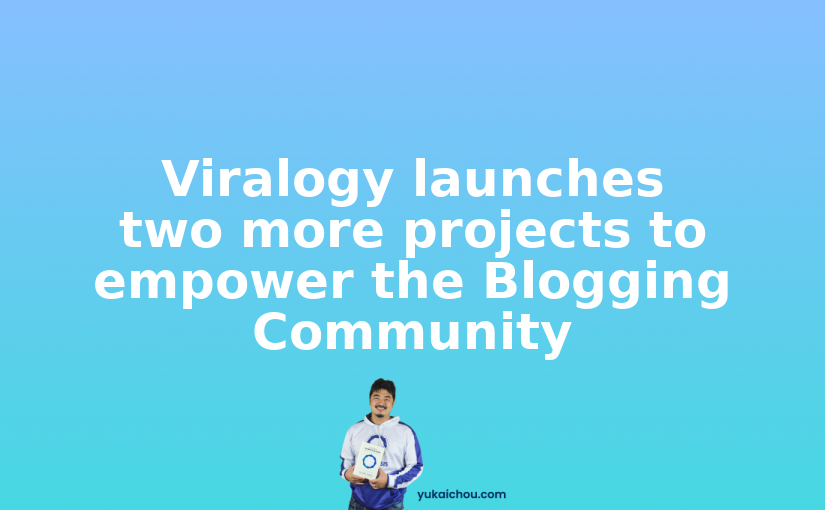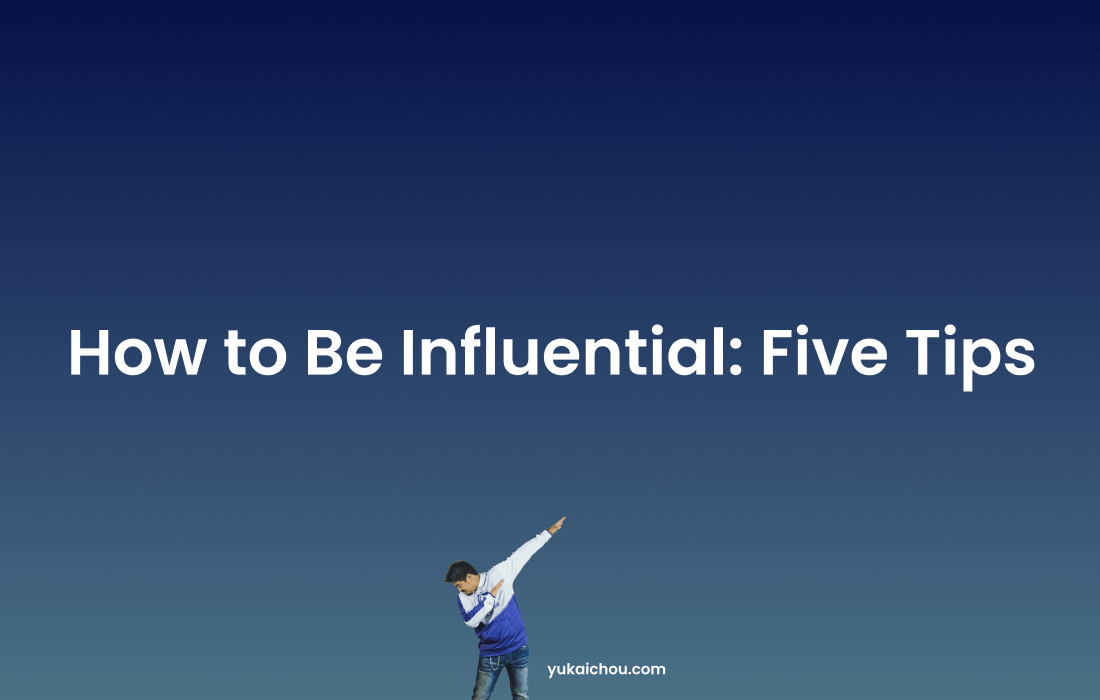New to Gamification? Check out my post on the Complete Gamification Framework: Octalysis or my Video Series: The Beginner’s Guide to Gamification
A quick background of the Israel Defense Force Conflict
You may be aware that Israel and Palestinian nations have been upset about each other for quite some time now. Most recently on Nov 14-21st, 2012, the Israel Defense Force started Operations Pillar of Defense, where it launched an attack on the Gaza Strips, supposedly as a response to the 8,600 and more Rockets that were fired into Israel from the other side between 2001 and 2009, and 1000 more rockets this year alone.
Along with this, IDF introduced many game mechanics and gamification techniques on their website in the form of IDF Ranks. This is a game that is meant to stir up patriotism and get Israelites (and other nations) to stand up and support their efforts.
Users get points by reading, commenting, watching, and sharing information and updates they post on the websites and level up into different ranks, as well as earn badges. This will also allow regular civillians to feel like they are contributing to the war effort and helping their country.
Unsurprisingly, the social media world pounced on that with strong criticism. It is covered by publications like Time, Gamespot, and more. Jon Mitchell at ReadwriteWeb wrote, “Innocent people are dying on all sides, and the IDF wants to reward people for tweeting about it…It makes me sick.”
This post is about why I think, as controversial as it may be, IDF has the RIGHT to gamify their war efforts.
What this post is NOT about
Before anything, I want to say that this post is NOT about:
- Promoting war, or saying war is fun. Just like Jon Mitchell said, war itself is horrible, with innocent people dying on all sides. I do NOT like war. I abhor it, and feel sad about all the killed/injured people and their family members in any war.
- Who is right or wrong. I’m not going to make a moral judgement on which side is right. People fight wars for various reasons (In fact, weren’t we the United States just in a “war” recently?), and as a Gamification Professional, I’m going to leave my political opinons on this aside. This post is merely on whether gamifying war efforts, GIVEN that a nation is in a war, violates codes of basic morality or “taste.”
- Evaluating how GOOD the gamification actually is from the IDF. Even though the gamification efforts from IDF isn’t very well designed and implemented from a professional opinon, this post is about whether they should do it or not in the first place instead of how well they do it.
Now with that aside…
It’s the other way around: most games were created to MIMIC war
You know how Gamification is applying game elements into non-game context? Well guess what: most games since the very beginning are simply applying war elements into non-war context.
War has been around for as long as there are people. Operations and practices of war have long been around before games appeared, and they’re basically all about defending/invading nations, staying alive, and keeping soldiers motivated.
Soldiers have naturally been keeping score or “points” based on how many enemies they have killed. Some warriors in various cultures hang their enemies’ skulls on themselves as trophies, while others “capture enemy flags” to keep score and showoff their victories and inspire their entire armies.
These practices are accepted in their respective cultures because war is serious, gruesome, and has devastating consequences if lost. There must be ways to motivate soldiers who are going through dreadful lifestyles, missing their families, and risking their lives everyday. And the way to do it is to have them focus on their enemies as well as their own progress and accomplishments in a battle.
These things are very necessary to win a war (again, losing has devastating consequences), so instead of feeling distaste because of wars that use game mechanics, shouldn’t it be more valid to say that it is sick and distasteful that games are modeled after wars?
What’s the most popular win-state to gain points, experience, or trophies in games? Enemies destroyed.
Pretending to be in a war when we’re actually not is arguably the sick part of our psych, as opposed to pretending we’re in a game during war to keep morale up and make things more bearable.
Oh, and where do games get the concept of “badges” from in the first place? The military of course. When a soldier has accomplished many missions, he gains a badge that represents recognition and honor.
Is it sickening that we are recognizing and honoring people who likely have taken lives away from people?
Self-Defense has no rules
Again, in this post I’m not saying which side is right, or which side started it all. But the truth of the matter is, Israel right now is being bombarded by rockets (even if they exaggerate the numbers), and so they must find ways to protect themselves from their enemies and save their own people.
Some countries call their military departments the “Defense” when in fact they are usually the aggressor and attack for economic reasons (one particular country is top of mind), but I believe in this case, Israel’s military is truly focused on Defense (of course, both countries next door to each other could both be defending).
When you are defending yourself, you are doing all sorts of things to stay alive. For one, you kill. You not only kill, you train people to kill, and you also spend hard-earned tax dollars to kill. Can you argue that all of that stuff is “distasteful” when the goal is to defend your nation?
When the Twin Towers fell, and the U.S. decided that it was under attack and needed “Defense,” did it not do things that were radical? It started to place everyone’s privacy as a secondary goal; it recruited, trained (to kill), and sent soldiers to attack Afganistan, while most likely vilifying the “enemies” in an unfair manner; and for some reason, it also sent the troops to Iraq too, all the way until the U.S. finally declared itself “safe” and no longer needed the Defense.
And what happened when people found out Bin Laden was killed? Below is a excerpt from Wikipedia:
Before the official announcement, large crowds spontaneously gathered outside the White House, Ground Zero, The Pentagonand in New York’s Times Square to celebrate. […] As news of bin Laden’s death filtered through the crowd at a nationally televised Major League Baseball game in Philadelphia between rivals Philadelphia Phillies and the New York Mets, “U-S-A!” cheers began.
Would you say that it is sick and distasteful when everyone is cheering for a man’s death? For those who commented that “Sharing the news about assassinating an enemy leader on Twitter is SICK,” did you know that during Obama’s speech about Bin Laden’s death, there were 5000 tweets PER SECOND about it? Many would argue that this is justified and righteous because we are simply defending against and retaliating to an enemy that deserves it.
Again, this is all from ONE attack.
Now imagine if we were attacked by rockets every single week, how would a nation like the U.S. respond?
When a nation is actually in a state of constant danger, what place do nations at relative peace have to say about how “brass” their war efforts are, especially when its just a way to structure their websites and communities, as opposed to other REALLY bad things you can do in “self-defense,” such as torture or even worse things?
Gamification is the least sickening thing you can do to facilitate a war
War is cruel, and there are many things nations do to win a war. Some countries send spies; some countries sabotage the other country’s economy by dumping currencies; some assassin the leaders; some tortue prisoners; some just build a really big bomb and drop it.
If turning your website into a system that originated from war in the first place can motivate people to read it, and if somehow reading articles, commenting, and sharing things on Twitter can ACTUALLY help a country win a war, I would say that this is the most peaceful, benevolent, and effective war tactic I have ever seen.
Video Games are proven to be effective in motivating behavior, which is the entire premise of the Gamification Industry. And the U.S. recognizes that too with many studies and games that help the US Air Force recruit talent.
Again, Gamification is just a tool to achieve desired goals, just like cars, Twitter, and the Internet. It wouldn’t be distasteful if Israel used Twitter, vehicles, or the Internet to facilitate their war efforts. If fact, it would be STUPID for them not to do it. So why not Gamification then?
Having a Right to Gamify
I’m not saying every country SHOULD gamify their war sites, nor am I saying that Israel SHOULD do it. My point is that there is NOTHING wrong with Israel doing it to defend itself.
We are not under constant threat by surrounding nations, so we shouldn’t pretend to know what it’s like being in that state and make judgements on their morality or taste when they are just trying to survive through fear and devastation.










